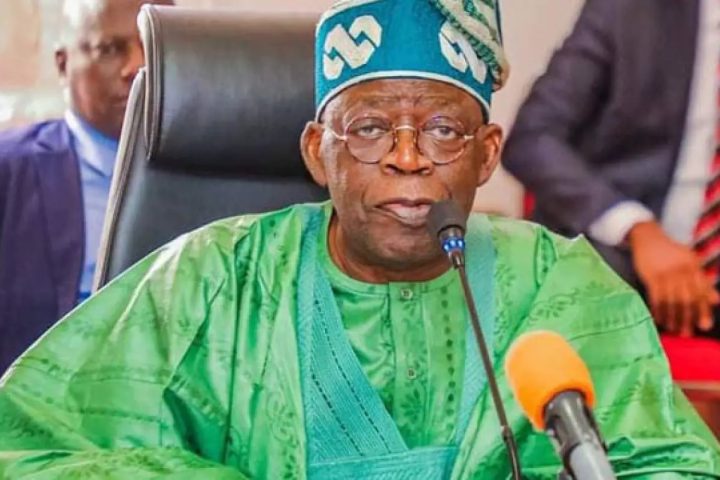Telegram has issued an apology to South Korean authorities following an investigation into the distribution of deepfake pornographic material on its platform.
This controversy has intensified amid what many are calling a digital sex crime epidemic in South Korea.
Join our WhatsApp ChannelThe scandal revolves around numerous Telegram chatrooms, some managed by teenagers, that were used to create and share sexually explicit deepfakes.
These images, manipulated using artificial intelligence, combined the faces of real individuals with fake bodies, often targeting young women, including students and teachers.
The victims were often known to the perpetrators, making the crime even more egregious.
Telegram’s Apology and Response
In a statement to South Korea’s Communications Standards Commission (KCSC), Telegram expressed regret over the situation.
“We are deeply sorry for any misunderstanding and for the distress caused by the misuse of our platform,” the company stated. Telegram confirmed that it had removed 25 videos flagged by the KCSC and proposed establishing a dedicated email address to facilitate ongoing communication with the regulator.
The KCSC responded positively to Telegram’s actions, describing the platform’s approach as “forward-looking” and acknowledging that Telegram has recognized the seriousness of the situation.
However, this apology comes after significant public outrage and criticism from various sectors in South Korea.
READ ALSO: UAE Intervenes In Case Of Telegram CEO, Pavel Durov, Detained By France
Public Outrage and Legal Ramifications
The deepfake crisis has sparked widespread anger in South Korea, especially after police revealed that they were investigating deepfake porn rings at two major universities.
In just five days, authorities received 118 reports of such videos, leading to the questioning of seven suspects, six of whom are teenagers.
These chat groups were linked to schools and universities across the country, with many victims being acquaintances of the perpetrators.
Under South Korean law, the creation of sexually explicit deepfakes is a serious offense, carrying penalties of up to five years in prison and fines of up to 50 million won (approximately $37,500). Despite these stringent laws, the issue of digital sex crimes on Telegram has been a recurring problem in the country.
Telegram’s Troubled History In South Korea
This isn’t the first time Telegram has faced scrutiny in South Korea. In 2019, the platform was infamously used by a sex ring to blackmail women and children into producing pornographic content.
The ringleader of this operation, Cho Ju-bin, was sentenced to 42 years in prison, highlighting the severity of the crimes facilitated by the platform.
The recent deepfake scandal also coincides with the arrest of Telegram’s Russian-born founder, Pavel Durov, in France. Durov faces charges related to child pornography, drug trafficking, and fraud on the platform. This arrest has further fueled concerns about Telegram’s role in facilitating illegal activities.
Government and Activist Reactions
South Korean President Yoon Suk Yeol has ordered authorities to thoroughly investigate and address these digital sex crimes. “We must eradicate these crimes and ensure that such incidents do not occur again,” the President emphasised.
Women’s rights activists in South Korea have also voiced their frustrations, criticizing the authorities for their perceived failure to prevent and adequately address sexual abuse facilitated by platforms like Telegram.
As Telegram pledges to cooperate with South Korean authorities, the platform’s role in this growing crisis continues to be scrutinised. The situation highlights the broader issue of digital platforms’ responsibilities in preventing the spread of harmful content.
Emmanuel Ochayi is a journalist. He is a graduate of the University of Lagos, School of first choice and the nations pride. Emmanuel is keen on exploring writing angles in different areas, including Business, climate change, politics, Education, and others.
- Emmanuel Ochayihttps://www.primebusiness.africa/author/ochayi/
- Emmanuel Ochayihttps://www.primebusiness.africa/author/ochayi/
- Emmanuel Ochayihttps://www.primebusiness.africa/author/ochayi/
- Emmanuel Ochayihttps://www.primebusiness.africa/author/ochayi/



















Follow Us